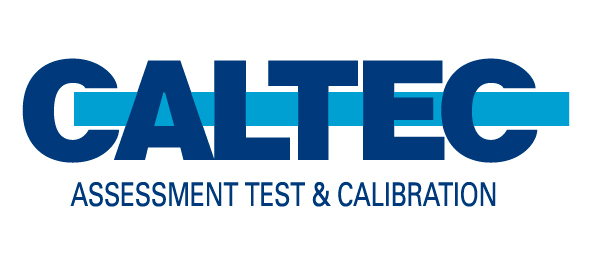Calibration plays a crucial role in the automotive and other industries, ensuring that the tools and instruments used in manufacturing remain accurate and reliable. Precision is vital when producing vehicles as even the smallest miscalculation can lead to defects, increased production costs, and potential safety risks. Regular calibration helps manufacturers meet strict regulatory standards, improve efficiency, and minimise waste – leading to safer, more reliable vehicles on the road.
In automotive manufacturing, a wide range of measurement tools are used to ensure each component is produced to exact specifications. Torque wrenches, for example, are essential for tightening bolts to the correct level – too much torque can damage threads and cause parts to fail, while too little can result in loose components that compromise safety. Similarly, vernier calipers and pressure gauges provide precise readings to maintain consistency in mass-produced parts. Over time, these tools can experience wear and tear, leading to slight changes in accuracy so routine calibration ensures they continue to function within the required tolerances, preventing defects and reducing the risk of costly recalls.
Calibration is also essential for vehicle maintenance and repair. Wheel alignment machines, emissions testing equipment, and tyre pressure gauges all need to be regularly checked and adjusted to provide accurate readings. Incorrect tyre pressure measurements can lead to uneven tyre wear, reduced fuel efficiency, and increased braking distances. Ensuring these tools are properly calibrated helps maintain vehicle performance and safety long after production.
The importance of calibration extends beyond the automotive industry. In aerospace, construction, medical devices, and manufacturing, precise measurements are critical to ensuring safety and reliability. Industries with stringent quality control requirements often rely on accredited calibration providers to verify that their equipment meets the required standards.
With modern vehicles incorporating more advanced technologies and complex electrical systems, the need for precise calibration is greater than ever. By maintaining accurate measurement tools and equipment, manufacturers can reduce downtime, improve efficiency, and enhance overall product quality. Ultimately, calibration is not just about meeting industry regulations – it is about ensuring safety, reliability, and trust in the vehicles and machinery people rely on every day.
